Master AI in Months: Learning Hacks for Aspiring AI Specialists
Artificial Intelligence. Two words that once belonged to science fiction are now reshaping industries, powering innovations, and creating some of the most sought-after careers. But here’s the catch: AI isn’t some untouchable field reserved for geniuses or tech wizards.
It’s accessible, and you can master it faster than you think.
I get it—AI can sound intimidating. Algorithms? Data models? Neural networks? It’s a lot. But trust me, breaking into AI isn’t about knowing everything; it’s about knowing where to start and how to focus your learning. Let’s dive into the roadmap that can take you from zero to expert in months—not years.
Why AI Specialists Are Taking Over the World
“AI is the new electricity,” said Andrew Ng, one of the pioneers of modern machine learning. And he’s right. Just as electricity transformed every industry 100 years ago, AI is doing the same today.
Think about it:
- AI is diagnosing diseases faster than doctors. 🏥
- AI is predicting market trends better than seasoned analysts. 📈
- AI is writing, drawing, and even composing music. 🎶
Companies are desperate for talent that can create, manage, and optimize these systems. The global demand for AI specialists is expected to grow by 35% annually, and entry-level salaries often start at six figures.
It’s not just a career—it’s the career.
The Big Misconception: “I’m Not Smart Enough for AI”
Here’s the thing: AI isn’t rocket science (well, unless you’re using it to launch rockets 🚀). At its core, it’s about solving problems with data.
- You don’t need to be a coding genius. If you can learn the basics of Python, you’re good to go.
- You don’t need to be a math wizard. Understanding a few key concepts in statistics and algebra is enough.
If you’ve ever worked through a puzzle or built something from scratch, you already have the mindset to succeed in AI.
Step 1: Build a Learning Roadmap That Works for You
The number one mistake I see aspiring AI specialists make? They dive in without a plan. Don’t do that. AI is vast, and you need a roadmap to navigate it.
Here’s a 3-month roadmap I recommend:
| Month | Focus | What to Use |
|---|---|---|
| 1 | Learn Python & Data Manipulation | Codecademy, Kaggle datasets, Pandas library |
| 2 | Master Machine Learning Basics | Coursera (Andrew Ng’s ML course), Scikit-Learn |
| 3 | Build Your First Projects | TensorFlow, Flask for deployment, GitHub for showcase |
📌 Pro Tip: Stick to one topic per week. For example, spend Week 1 learning Python basics, Week 2 diving into data analysis, and so on. This focused approach prevents overwhelm.
Step 2: Make Microlearning Your Superpower
You don’t need 8-hour study sessions. In fact, short, consistent bursts of learning are far more effective.
Here’s how to structure your day:
- Morning (10 min): Watch a tutorial on Python concepts.
- Lunch Break (20 min): Analyze a small dataset using Pandas.
- Evening (30 min): Apply what you learned in a mini-project, like cleaning a dataset.
One of my students, who started learning AI while working full-time, swore by this method. “I only had an hour a day, but it added up fast,” she told me. In six months, she built a portfolio that landed her a job.
Step 3: Dive Into Projects—Fast
Let’s get one thing straight: recruiters and hiring managers don’t just want to hear about what you’ve learned. They want to see what you can do.
Start with simple, practical projects:
- Email Spam Filter: Train a model to classify emails as spam or not.
- Movie Recommendation System: Use a dataset to recommend films based on user preferences.
- Predict Housing Prices: Analyze factors like location, size, and amenities to predict property prices.
“Projects are where learning becomes real,” says AI mentor Natasha Wong. “Even if your first project isn’t perfect, it proves you can think critically and apply your knowledge.”
Step 4: Join the AI Community (and Let It Fuel You)
Learning AI can feel isolating—unless you tap into the community. AI enthusiasts are some of the most collaborative people you’ll meet.
Here’s how to get involved:
- Reddit: Subreddits like r/MachineLearning or r/learnprogramming are goldmines.
- GitHub: Contribute to open-source AI projects, even if it’s just fixing bugs or writing documentation.
- LinkedIn: Post about your learning journey. You’d be amazed how many professionals are willing to help.
Step 5: Craft a Portfolio That Shines
Think of your portfolio as your AI résumé. What should it include?
- 3-5 Projects: Showcase a variety of skills, from data cleaning to model deployment.
- Code Repositories: Share clean, well-commented code on GitHub.
- Explanations: Write blog posts or record videos explaining your projects.
Your portfolio doesn’t just tell employers what you can do—it shows them.
Overcoming Doubts: “Can I Really Do This?”
Yes, you can. And you’re not alone in wondering.
I remember feeling overwhelmed when I started my own AI journey. But someone told me, “Focus on progress, not perfection.” That simple advice carried me through every frustrating bug, every failed model, every late-night coding session.
AI is about iteration. You learn. You try. You improve.
Case Study: Turning Curiosity into a Career
Meet Priya, a marketing professional who decided to switch to AI. She didn’t have a tech background, but she had curiosity and determination.
- Step 1: She started with Python tutorials on YouTube.
- Step 2: She completed Kaggle challenges during weekends.
- Step 3: She built a chatbot that automated customer responses—a project that wowed recruiters.
Today, Priya works as an AI Product Manager.
Her secret? “I just started. Even when I didn’t feel ready, I started.”
Final Thoughts: The Time to Start Is Now
AI isn’t just a career—it’s a revolution. And you don’t have to be a genius or have years of experience to join it. You just need focus, commitment, and the courage to begin.
As the saying goes, “The best time to plant a tree was 20 years ago. The second-best time is now.”
So, what’s your first step? Maybe it’s downloading Python. Maybe it’s enrolling in a course. Whatever it is, take it today. Your future self will thank you. 🚀
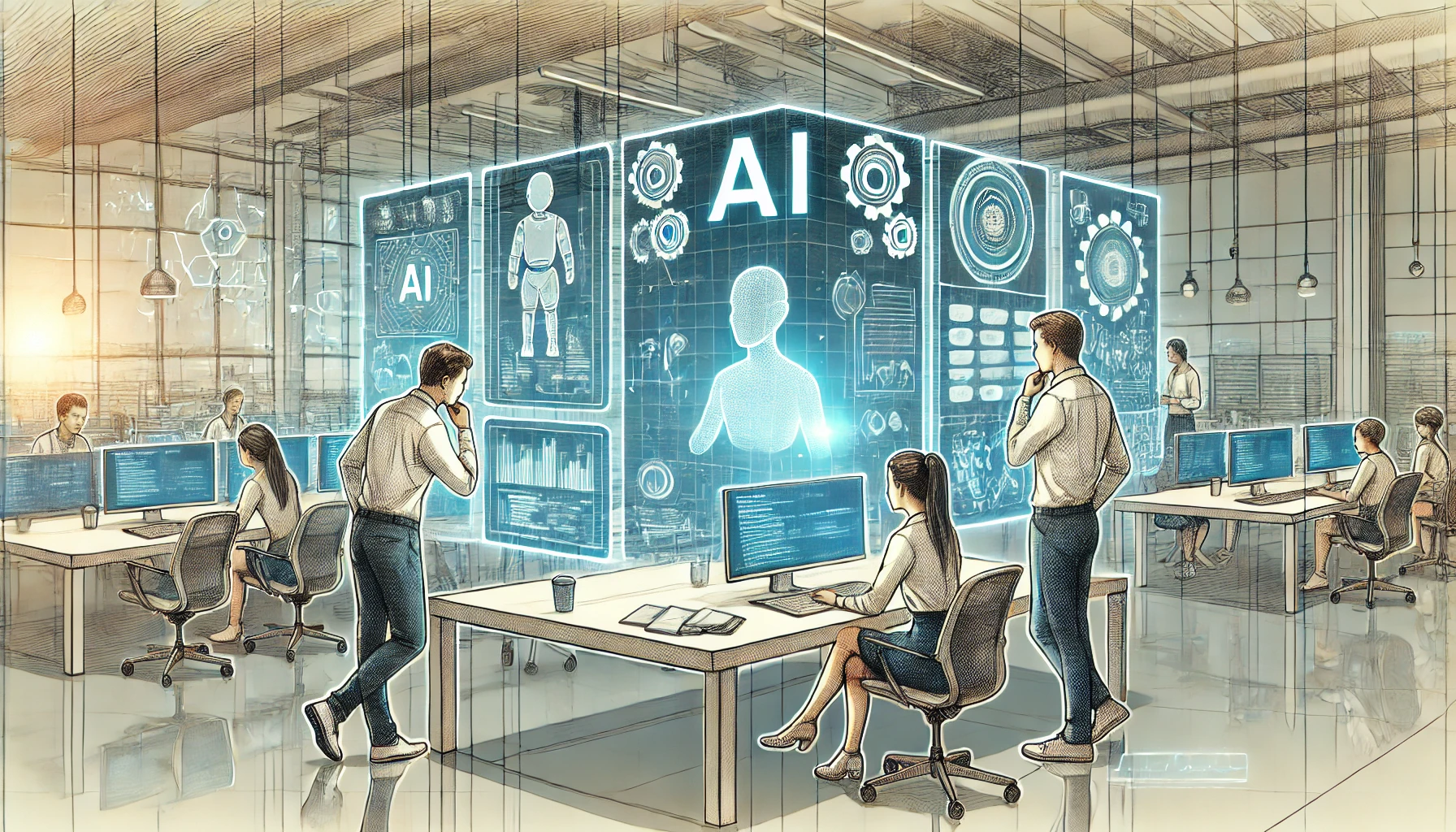
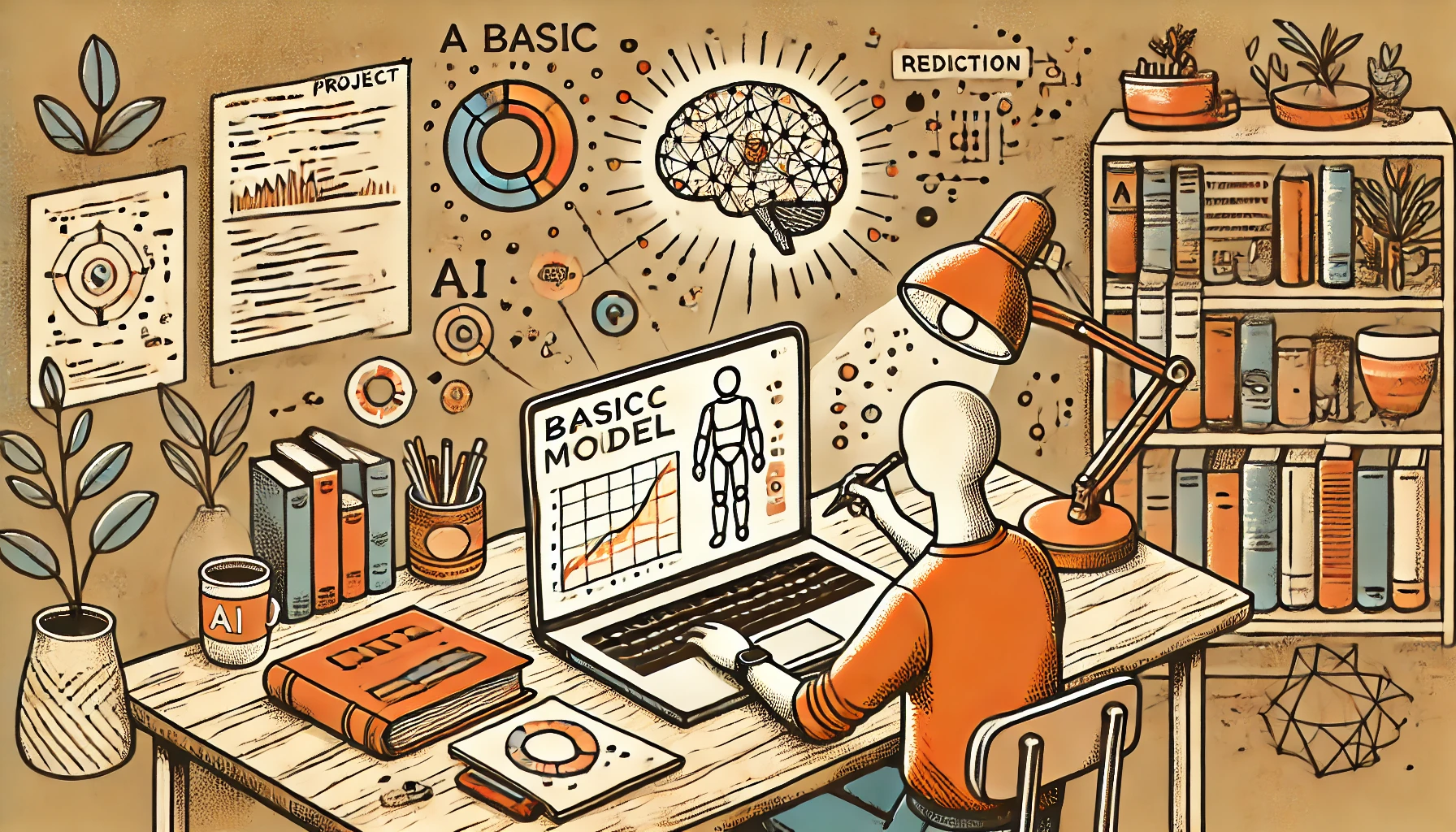
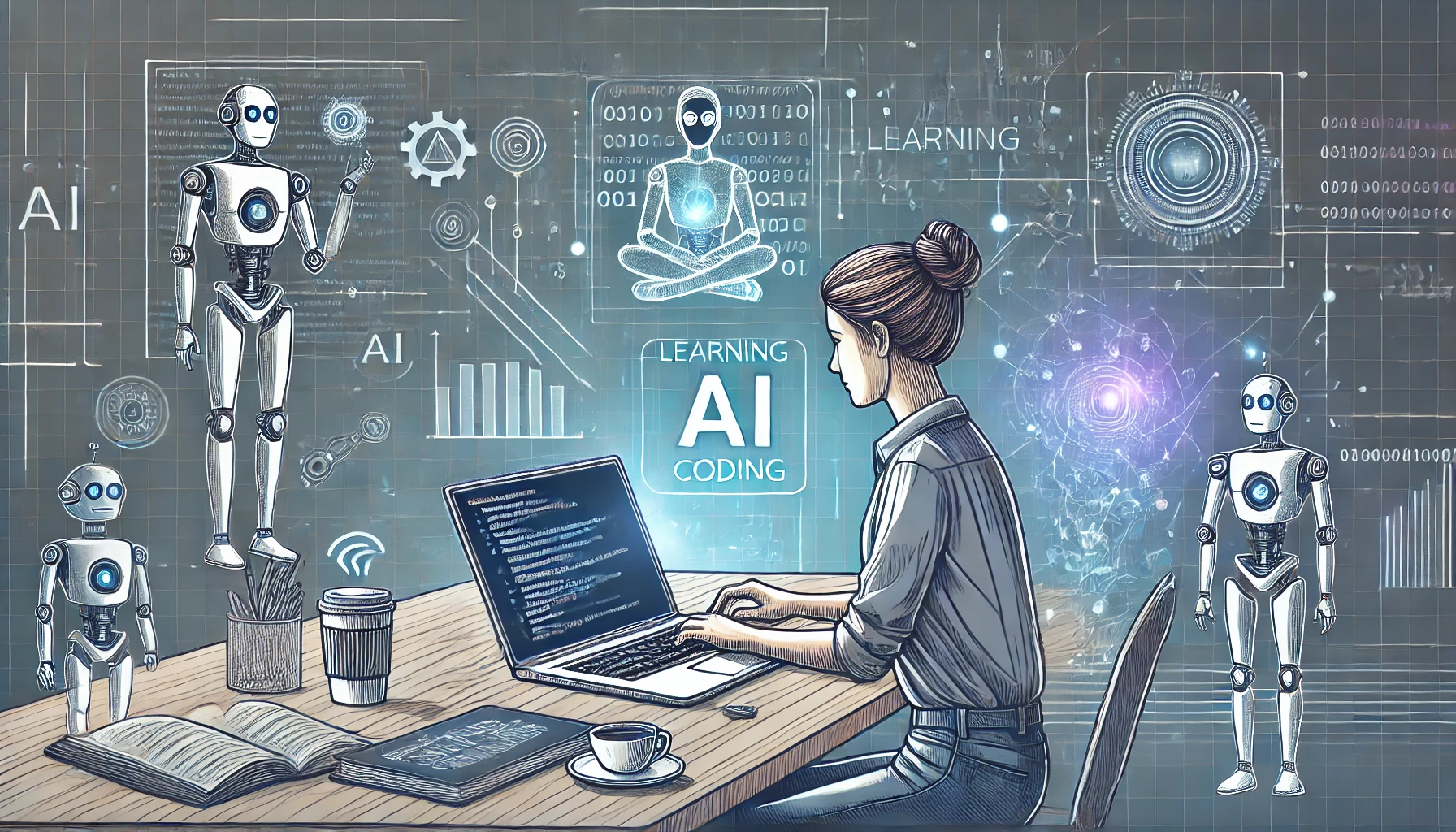
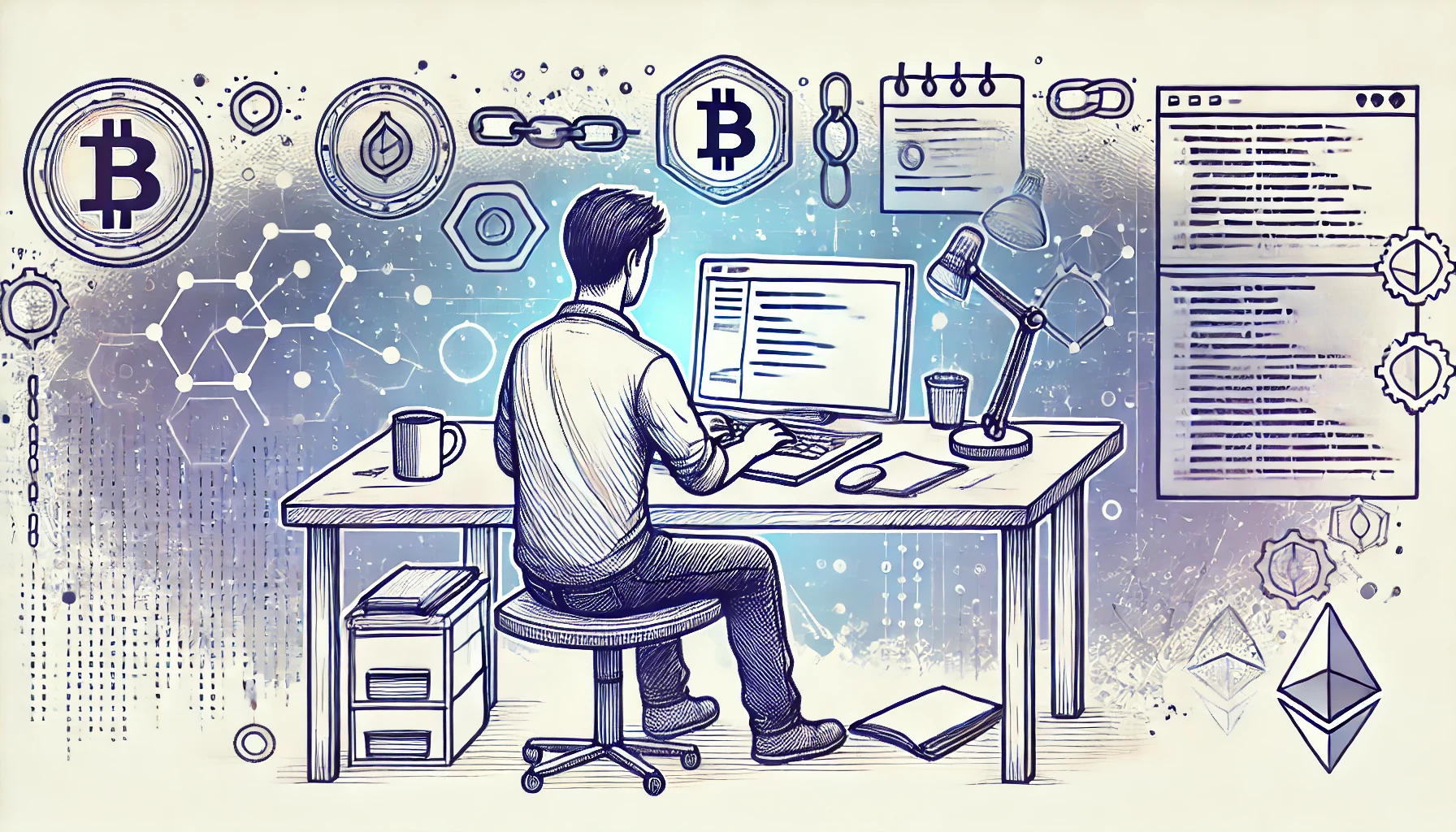
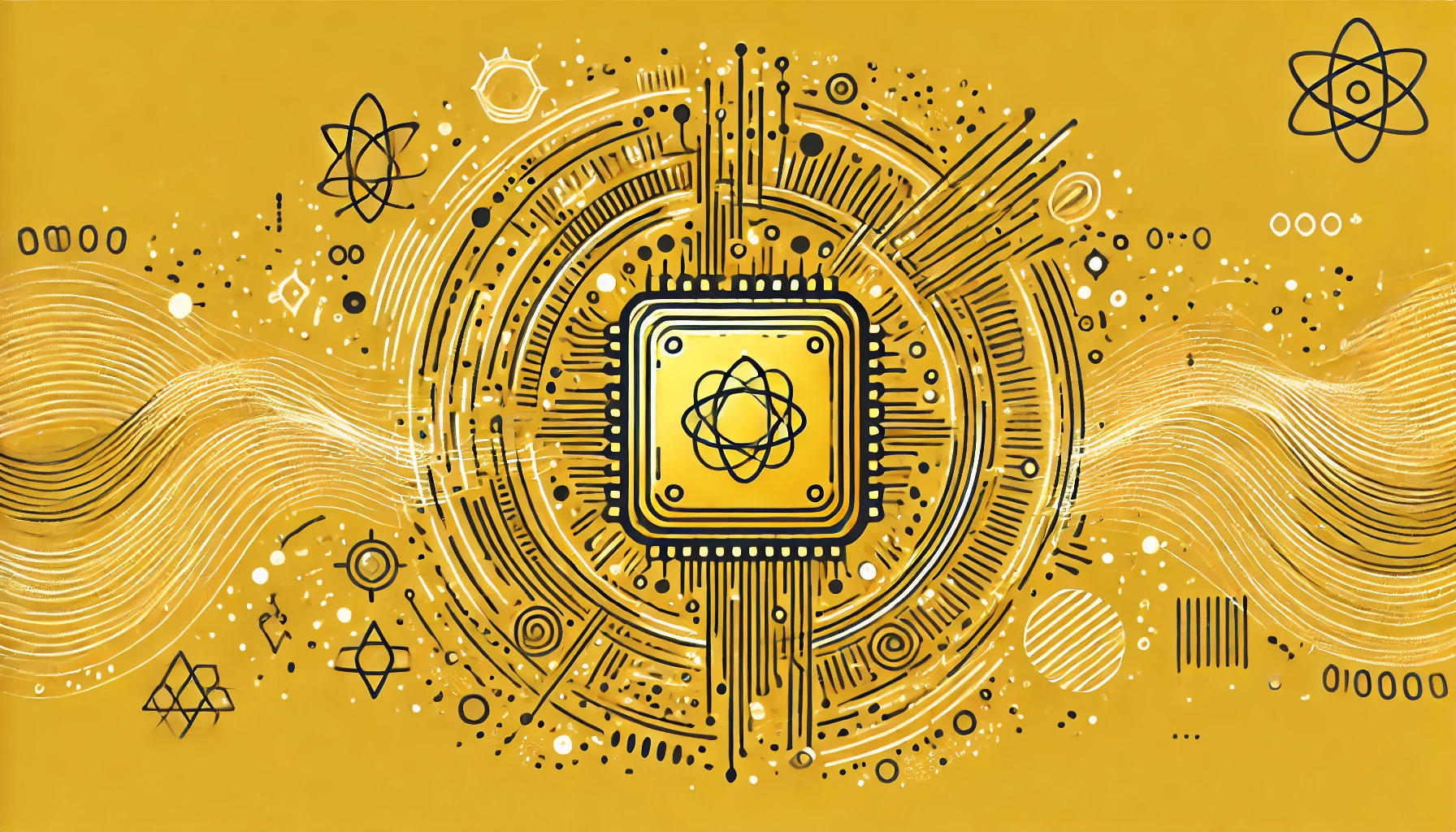

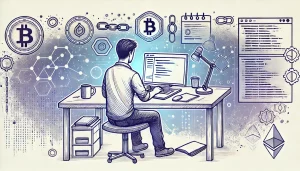
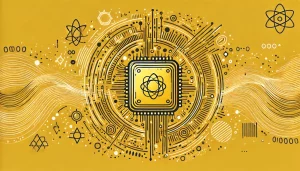


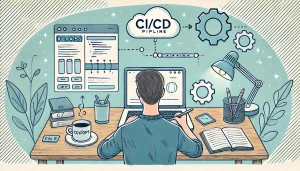


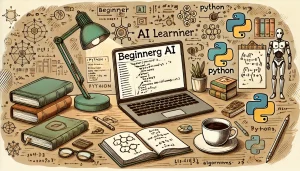

Post Comment